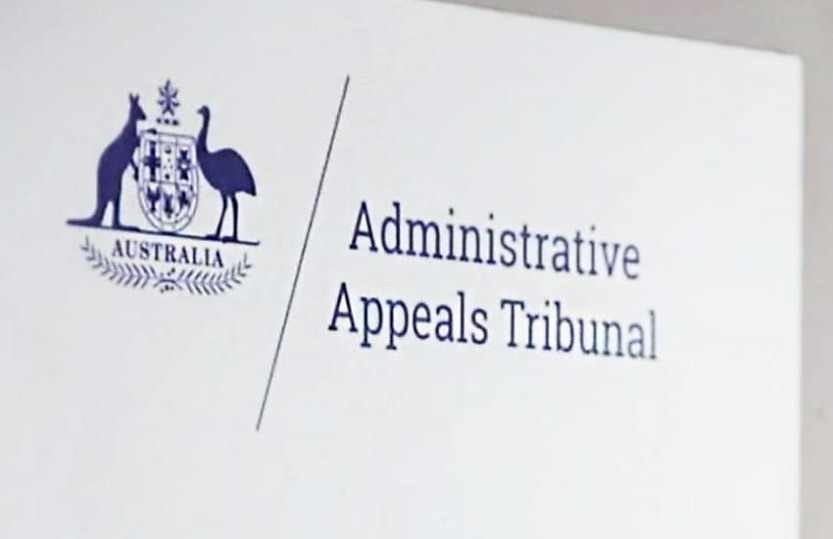Taxpayers must apply unused super caps, AAT rules

The tribunal has rejected a taxpayer’s argument that he could choose when to carry forward his unused concessional contributions cap.
Taxpayers must apply unused superannuation contribution caps when calculating their taxable income despite the “permissive” wording of Tax Office guidance, the AAT says.
In a recent ruling, the AAT sided with the ATO and rejected a self-represented taxpayer’s challenge of an objection decision for a $3,315 assessment in Division 293 tax for the 2022 financial year.
The taxpayer tried to rely on guidance on the ATO’s website, arguing “permissive” sentences like “you can use caps” implied a discretionary approach to applying unused concessional contribution caps from previous years.
He said it meant he had excess concessional contributions for 2022 which reduced his Division 293 tax liability to zero as he had chosen not to apply them in previous years.
But the AAT said the “application of the carried forward unused concessional contributions cap is mandatory rather than, as the applicant asserts, optional at the taxpayer’s election”.
“I have decided an unused concessional contributions cap amount carried forward from previous years applies by force of law and does not require a taxpayer to elect to apply the unused amount carried forward or permit a taxpayer to elect not to apply the carried forward amount or part of it,” senior member Robert Olding said.
Olding’s conclusion was based on an ordinary construction of section 291-20 of the Income Tax Assessment Act 1997.
Under the section, which governs excess concessional contributions, unused cap amounts can be carried forward for up to five years before they expire, avoiding higher taxes on the sums and allowing individuals with lower superannuation balances to “catch-up”.
Olding said the “statutory language does not refer to or suggest a discretion or election” and that “nothing in the comments of the [ATO’s website] of these provisions can permissibly be taken into account in determining the intention to be attributed to Parliament.”
The taxpayer, who had $189,618 in income for surcharge purposes and made $82,482 in low tax contributions, also argued he did not fit the target of Division 293 – high-income earners.
This was also rejected by the AAT. “That a person falls on one side of the line or the other in a particular case at the margin does not mean the outcome is necessarily absurd or unreasonable,” Olding said.
“As the applicant did not identify any other basis on which the assessment could be said to be excessive, the tribunal is duty bound to affirm the objection decision.”
As a result, the taxpayer could not rely on the concessional 15 per cent rate available under Division 293, with excess contributions part of his taxable income and taxed at his higher marginal rate.
About the author







